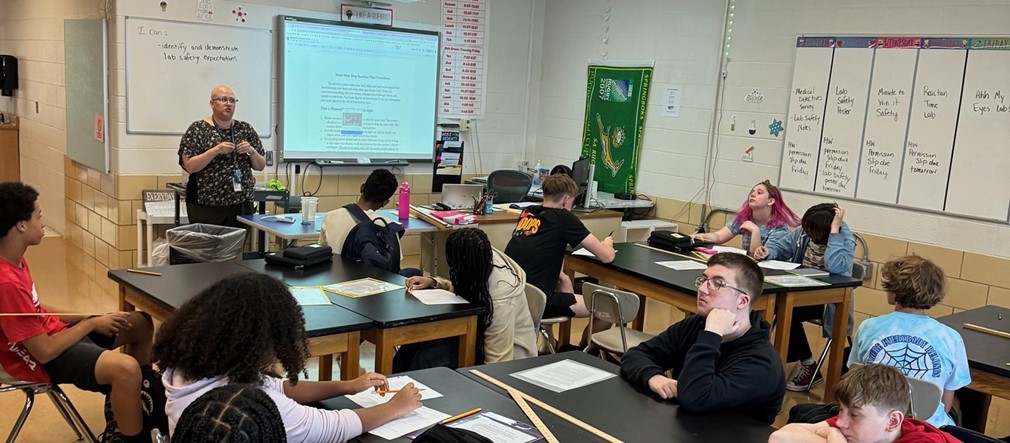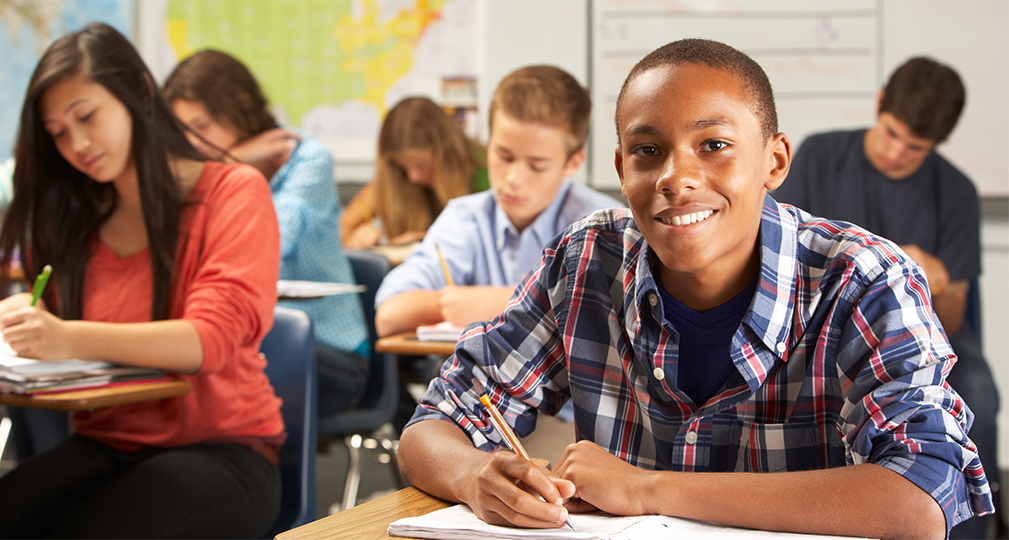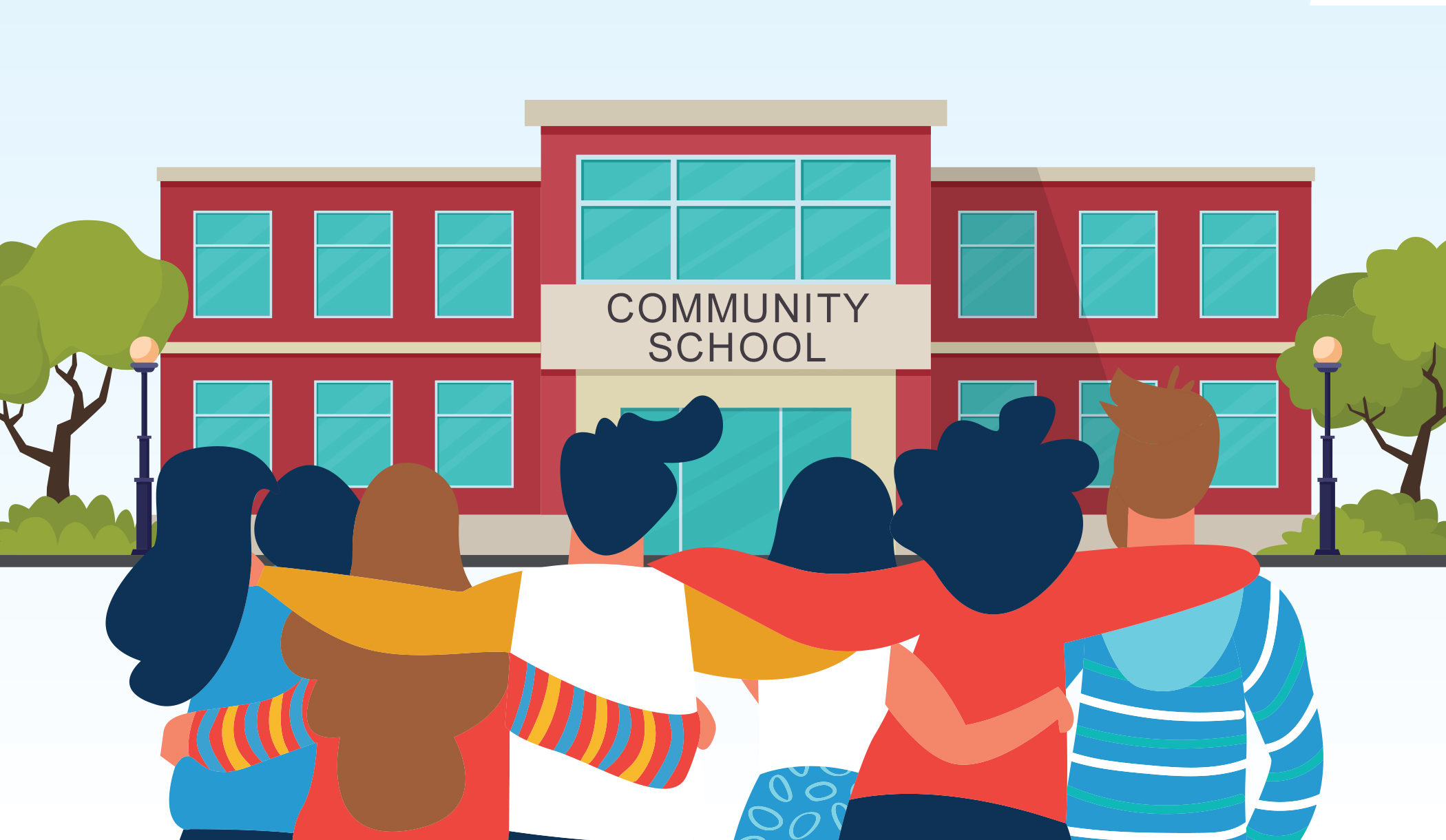The Influence of College Environments on Academic Success and Personal Well-Being
The institution atmosphere considerably influences both scholastic success and personal well-being, including components such as physical layout, class atmosphere, and interpersonal characteristics. The style of educational areas, consisting of all-natural illumination and ergonomic furniture, can improve trainees' focus and convenience. Furthermore, the top quality of teacher-student relationships and the nature of peer interactions play essential functions in cultivating an environment conducive to discovering and emotional assistance. Recognizing how these different elements interaction to shape student outcomes increases crucial questions concerning optimizing academic settings for alternative development. Just how can institutions purposefully boost these aspects to much better support their pupils?
Physical Layout and Style
How does the physical design and layout of an institution effect academic success? The setup and aesthetic of an institution setting can significantly affect trainees' discovering outcomes. A well-designed institution design promotes ease of movement, minimizes interruptions, and cultivates a feeling of safety and security and belonging. Vast passages and plainly marked locations help with smooth changes between classes, lessening lateness and interruption. Furthermore, tactically positioned usual locations motivate social interactions, which are vital for social and psychological growth.
Natural illumination and reliable ventilation systems are critical in improving cognitive feature and minimizing absenteeism. Studies have revealed that class with adequate natural light improve trainee focus and minimize sensations of sleepiness. In addition, ergonomic furniture tailored to pupils' demands can prevent physical discomfort, enabling extended focus and involvement in scholastic activities.
Accessibility to outside rooms and aesthetically pleasing surroundings additionally play an essential duty - Save Temecula Schools. Eco-friendly rooms and properly maintained college premises supply chances for exercise and mental leisure, both of which are important for keeping high levels of scholastic efficiency. Fundamentally, an attentively designed physical atmosphere can function as a catalyst for scholastic quality, cultivating an atmosphere that supports both teaching and learning
Class Environment
A positive class ambience is essential to achieving academic success. A setting that promotes a sense of safety, inclusivity, and shared regard motivates students to involve even more proactively in their knowing procedures. The atmosphere of a class, consisting of elements such as illumination, sound degrees, and seating arrangements, can considerably influence trainee concentration and inspiration. A well-ventilated, well-lit class with very little diversions can boost cognitive feature and decrease tension, thereby advertising better scholastic end results.
In addition, the class ambience ought to sustain a culture of collaboration and open communication. When students really feel comfortable revealing their concepts and asking inquiries, they are more probable to engage deeply with the product and develop critical thinking skills - Save Temecula Schools. Peer interactions and team tasks can improve understanding by supplying diverse point of views and fostering teamwork
In addition, developing clear expectations and constant regimens can produce a structured environment that enables trainees to concentrate on their researches. By lessening uncertainty and offering a predictable framework, students can much better manage their time and responsibilities. Inevitably, a favorable classroom ambience not just improves scholastic performance but also adds to the overall wellness of students, preparing them for future educational and personal ventures.
Teacher-Student Relationships
Building on the significance of a favorable classroom atmosphere, the relationships in between trainees and educators play a critical role in shaping academic success. A healthy and balanced teacher-student connection fosters a learning setting where students really feel valued, understood, and supported, which dramatically improves their inspiration and interaction. When students regard their educators as friendly and understanding, they are most likely to get involved actively in class and seek help when required, adding to a deeper understanding of the subject.

Efficient interaction is vital to nurturing these partnerships. Teachers that use open, considerate, and constant communication develop a structure of trust. This trust enables students to reveal their issues and concepts easily, promoting a joint understanding environment. In significance, solid teacher-student connections are a foundation of instructional success, playing an important function in both scholastic accomplishment and individual advancement.
Peer Interactions
Peer communications considerably affect scholastic success by shaping a pupil's social and cognitive development. Favorable peer communications can enhance a trainee's inspiration and involvement in academic activities through collaborative discovering and shared support.

Efficient peer communications likewise contribute to the development of vital life abilities, such as cooperation, next communication, and conflict resolution. These social proficiencies are critical for both scholastic success and individual wellness, underscoring the importance of cultivating positive peer characteristics within the school environment.
Extracurricular Tasks
Involving in extracurricular activities plays a critical duty in a student's scholastic success and individual advancement. Study regularly suggests that a knockout post trainees that participate in extracurricular activities often tend to achieve higher academic efficiency.
In addition, extracurricular involvement fosters a sense of belonging and neighborhood, which is crucial for individual well-being. Taking part in group activities enables trainees to develop and enhance social networks, enhancing their social and psychological knowledge. These communications are essential for establishing social skills that are beneficial in both scholastic and future specialist environments.
Furthermore, extracurricular tasks give a useful electrical outlet for trainees to explore their rate of interests and enthusiasms past the common educational program. This exploration can cause the exploration of new talents and possible profession paths, additionally encouraging students to engage more deeply in their scholastic job. Finally, the function of extracurricular activities expands past plain leisure; they are integral to cultivating an alternative instructional experience that advertises both scholastic success and personal growth.
Conclusion
Attentively made physical formats and class, along with positive teacher-student relationships and useful peer communications, dramatically boost student inspiration and involvement. These elements collectively highlight the relevance of developing and keeping ideal college settings for the advantage of pupils' individual and scholastic growth.
Eventually, a positive class ambience not just improves scholastic efficiency however additionally adds to the overall wellness of pupils, preparing them for future educational check this and individual ventures.
